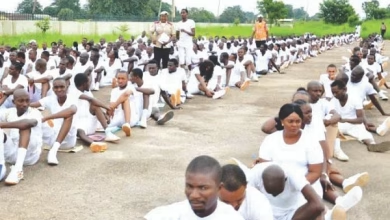Sudan’s Darfur region stands on a precipice, with the UN raising a chilling alarm about a possible genocide unfolding amidst the international community’s focus on other conflicts.
El Fasher, the last major city under government control, has become a battleground. Civilians are targeted based on ethnicity in fierce fighting that has claimed over 700 lives in just ten days, according to a medical charity.
The UN Special Adviser on Genocide Prevention, Alice Wairimu Nderitu, draws parallels between the escalating violence and the horrific Rwandan genocide of 1994.
This civil war, raging for over a year, pits the military against the paramilitary Rapid Support Forces (RSF). The conflict has displaced millions and left a trail of devastation. A resident, Ibrahim al-Tayeb al-Faki, lost his sister in an airstrike that destroyed his home. With nowhere else to go, he and his family now huddle in the ruins.
Nderitu fears the world’s gaze, diverted by Ukraine and Gaza, allows this tragedy to unfold unchecked. Human Rights Watch (HRW) echoes these concerns, accusing the RSF and its allies of ethnic cleansing and crimes against humanity targeting Massalit and other non-Arab communities. They urge sanctions against those responsible, including the RSF leader, Hemedti.
This violence stems from deep-rooted tensions over resources between Arab herders and non-Arab farmers. A communication blackout hinders access to El Fasher, besieged by RSF forces. The situation in Darfur is eerily reminiscent of 2003, when the Janjaweed militia, the precursor to the RSF, was accused of similar atrocities.
With a chilling reminder of past horrors, the UN pleads for international attention. Can the world avert another genocide or will Darfur be left to its fate?
